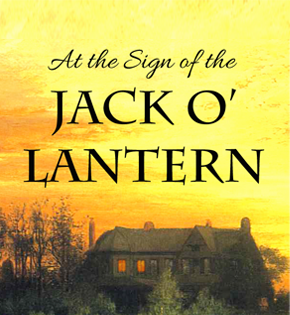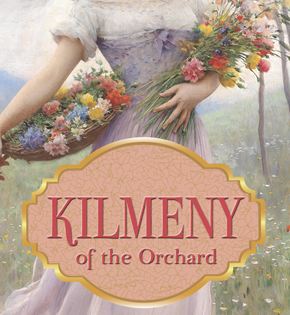The Heiress was filmed in 1949. I first saw it when I was a teenager, and the movie made quite an impression on me. Montgomery Clift’s fantastic good looks and Olivia de Havilland’s demure, understated beauty complement each other perfectly. Montgomery Clift is pitch perfect as the ne’er do well rake, Morris Townsend. That young man would never have fallen in love with such a dull stick as Catherine Sloper, de Havilland’s character, (of course, we know in real life neither would Montgomery Clift--he would never have fallen in love with ANY female, but that is a subject for another article) and we find that it is not love of the woman but love of her fortune that prompts Morris to relentlessly pursue the shy wallflower.
The basic storyline is simple enough: young man cons young woman into loving him. Young woman is desperately in love, young man only wants money. Wise Papa makes it clear there will be NO MONEY if young woman is foolish enough to marry young man against his wishes. The End. Yet this movie is surprisingly intense, fraught with desperation, full of cruel and penetrating dialogue, and brilliant performances by the principals as well as the supporting actors. Miriam Hopkins is quite believable as Catherine’s interfering, empty-headed Aunt Penniman. I longed to slap her silly face during the entire feature, and how could I not, after hearing her utter pronouncements like:
"Now, Catherine, if you will stay by me this evening, you will see that what I say is not always of the greatest importance, but dear, that doesn't keep me from talking.”
And Ralph Richardson masterfully represents the callous, cold-hearted Dr. Sloper, Catherine’s unloving father. His performance is crucial to the picture being successful; even though Morris Townsend is a damnable cad, his success with Catherine is believable because her father consistently mocks the poor girl and makes disparaging comparisons between her and her brilliant dead mother. This conversation with his sister highlights his opinion of his only child:
Dr. Sloper: “Do you remember her mother? Her mother, who had so much grace and gaiety? This is her child."
Dr. Sloper: “You're not entitled to say that. Only I know what I lost when she died and what I got in her place.”
It is no wonder Catherine falls victim to the first suitor who shows her any attention or affection. Olivia de Havilland won an Academy Award for her portrayal of Catherine Sloper, and by the end of the picture, when she exacts her revenge on everyone in her life (a delightful development that is not in the book), she is actually frightening in a cold, austere sort of way.
The book is quite dull in comparison. The reader is aware of the contempt Dr. Sloper feels for his plain child, but it is a sentiment that poor Catherine only partially realizes over a great deal of time. Dr. Sloper is not sufficiently cruel enough (at least in action) to his daughter to push her over the edge, as he does in the movie. Morris Townsend’s motives are also plain to the reader, yet in the movie they are more ambiguous, leading the spectator to be in suspense and unsure of his true character at times. This is highly important to the intensity of the picture. Clift plays the part with an admirable subtlety that the pen and ink character never fully realizes.
As for Catherine, her inner life is far more poignant than her outer life. She has a depth of emotion and yes, even intelligence, that she rarely outwardly displays to the other characters, and this is frustrating and irritating to the reader. Few of the sharp rejoinders she makes in the movie are present in the book--the most memorable being when her Aunt Penniman asks her, at the end, when she has triumphed over Morris Townsend, how she can be so cruel. Catherine gives her aunt a knife-like smile and replies,
“Yes, I can be very cruel. I have been taught by masters.”
After reading the book, I cannot recommend it for the discriminating Vintage Reader, but I can fully endorse the movie. I have viewed it again as an adult, more than once, and it has lost none of its power in the passage of time. The final scene, when Montgomery Clift pounds on the front door of the home in Washington Square calling for Catherine while she coolly marches up the stairs carrying her lamp, literally and figuratively leaving him behind in darkness, is satisfying and horrible.
As disappointing as the novella was, upon further investigation I made a happy discovery. Before the movie was made, the book was adapted into a play, a play entitled--you guessed it--The Heiress. My moral outrage has subsided in the comfortable notion that the pen is still mightier than celluloid!

POSTED BY: L.R. Blizzard
blog comments powered by Disqus





























